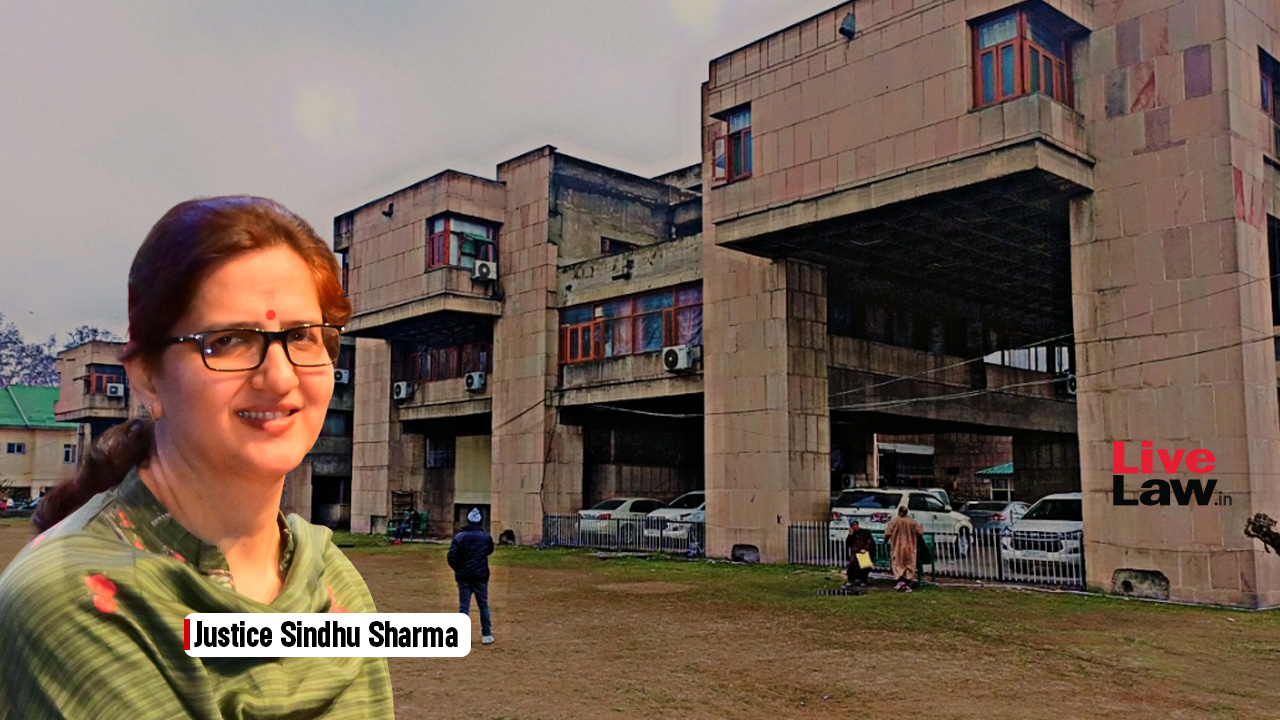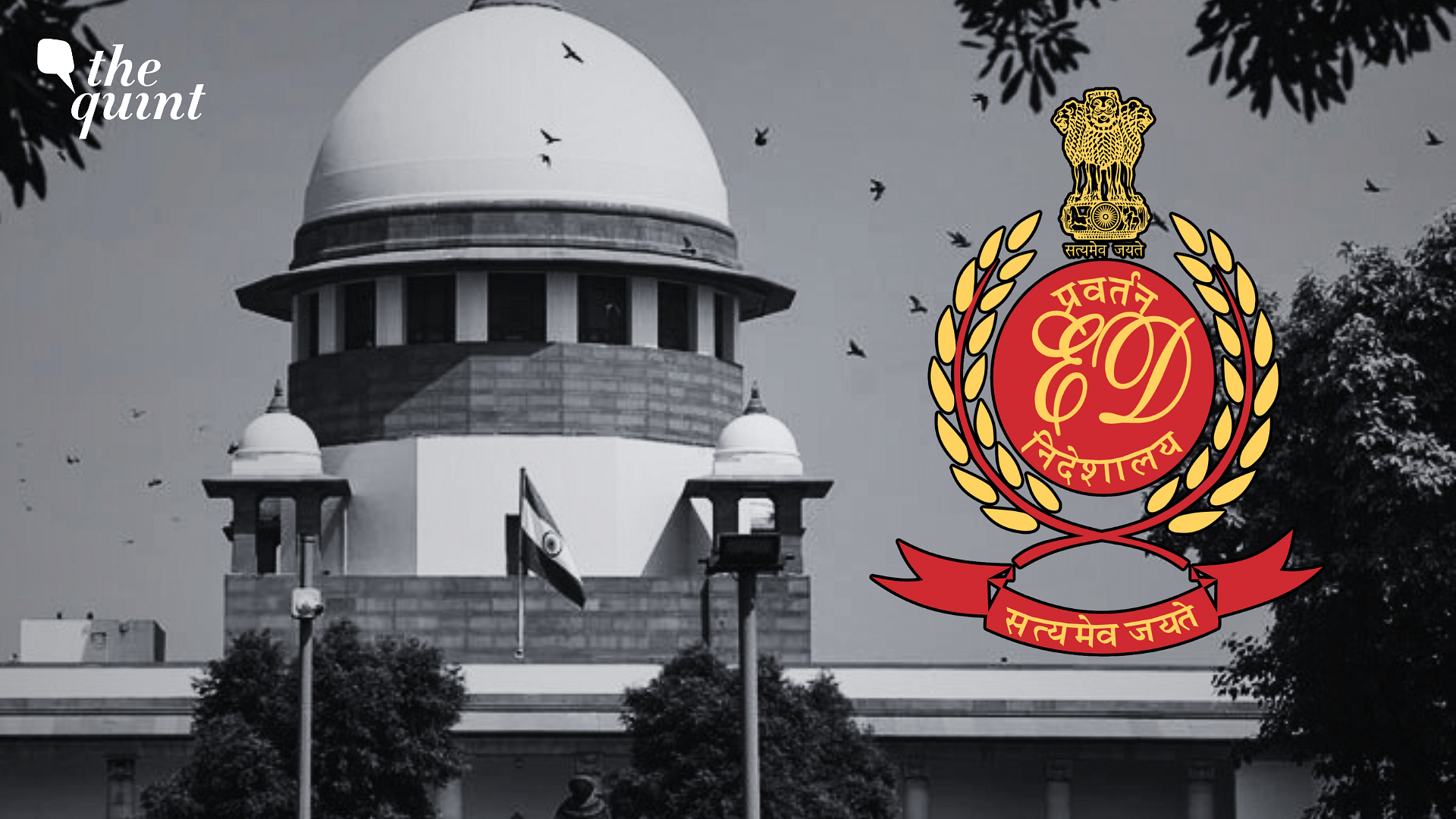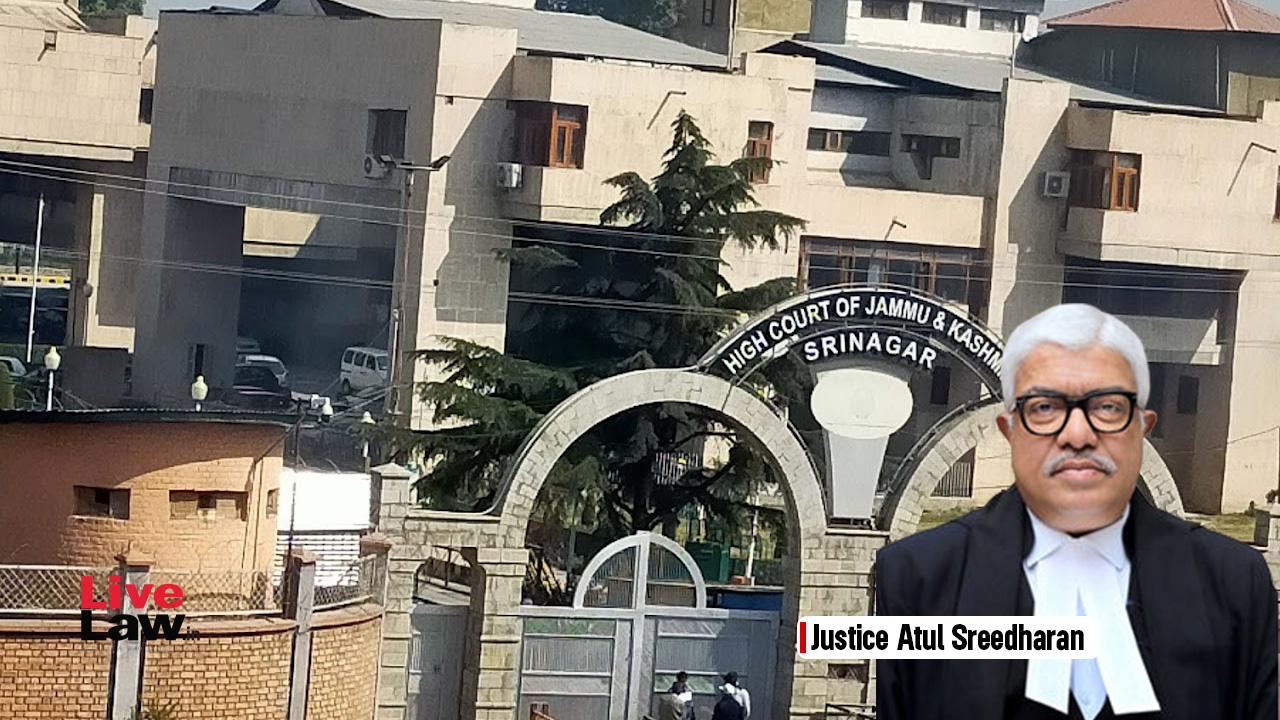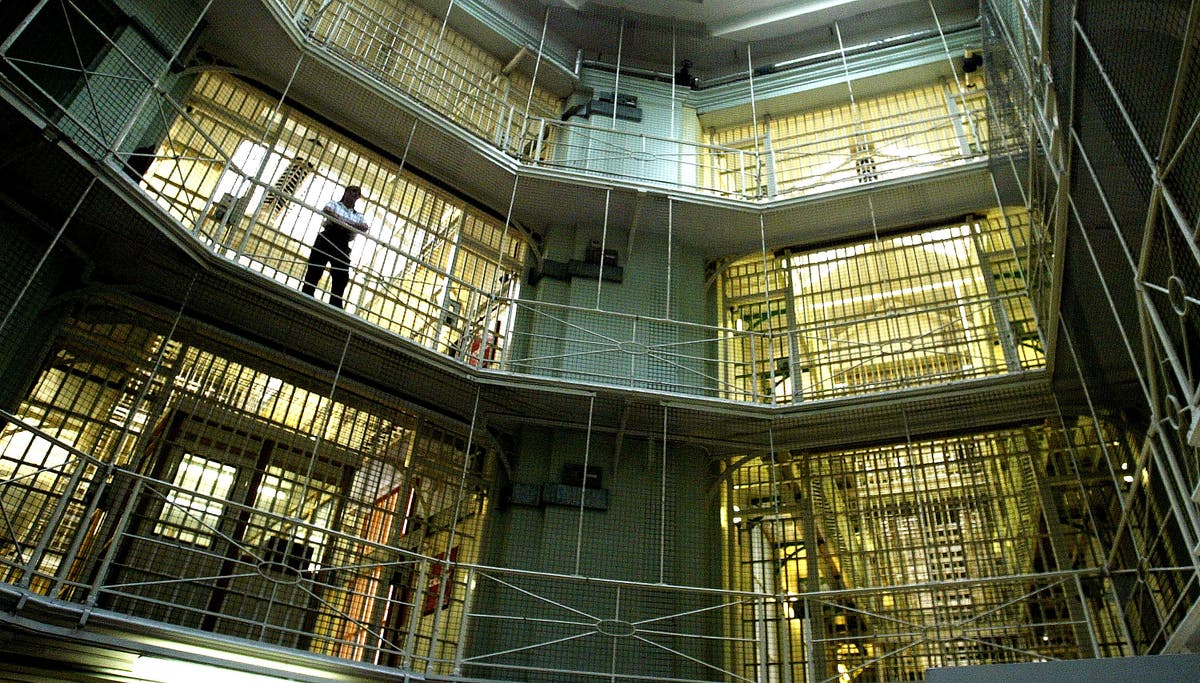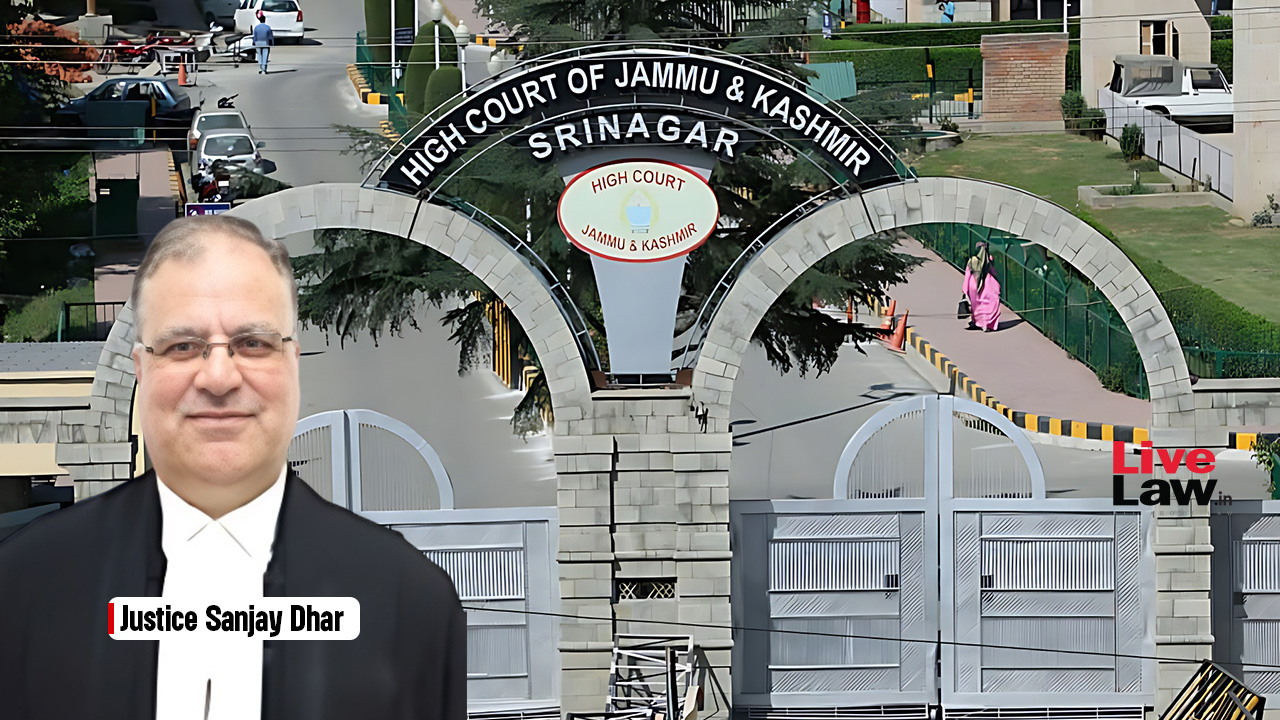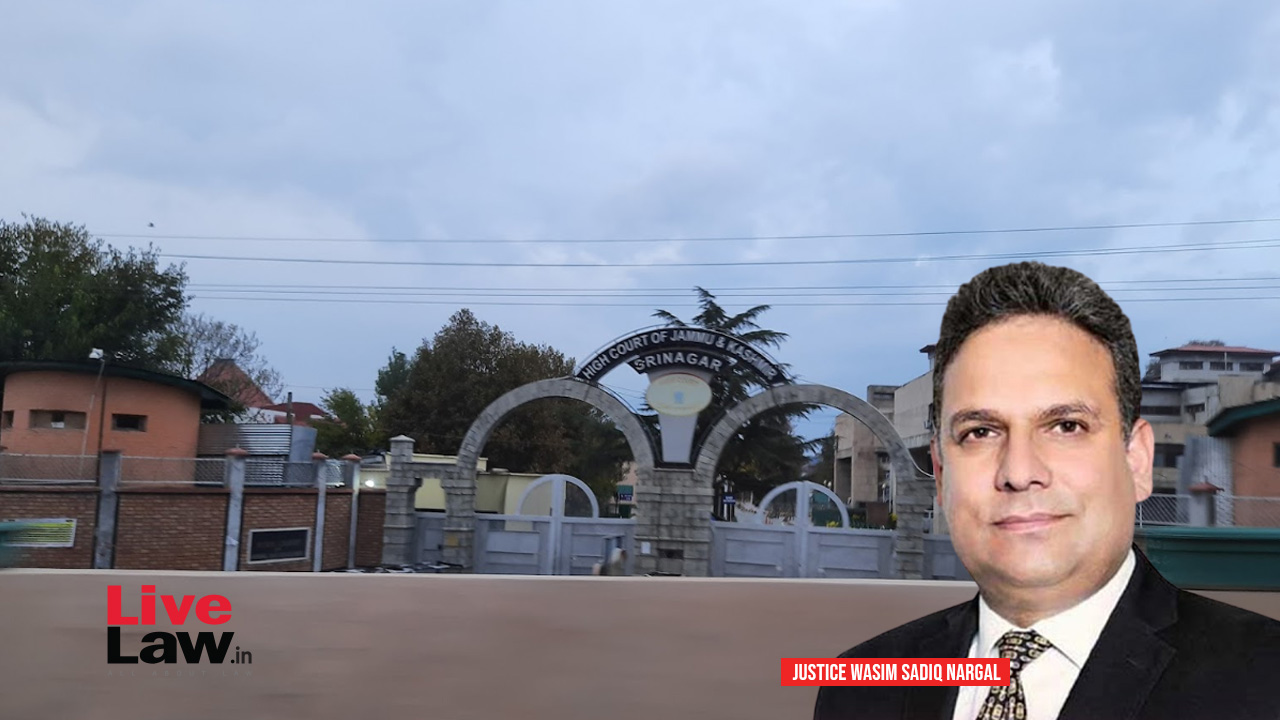
Powers Of Divisional Commissioners To Detain Under PITNDPS Remain Intact Even In Post-Reorganization Phase: J&K High Court Clarifies
Live LawDismissing a petition challenging a detention order under the Prevention of Illicit Traffic in Narcotic Drugs and Psychotropic Substances Act, 1988 the Jammu and Kashmir and Ladakh High Court has clarified that the authority of the Divisional Commissioners to issue detention orders under PITNDPS remains intact despite the J&K Reorganization Act, 2019, unless specifically superseded by corresponding Central laws. Citing clause 14 of Jammu and Kashmir Reorganization Order 2019 a bench of Justice Wasim Sadiq Nargal has observed, “Anything done or any action taken including any appointment or delegation made, notification, instruction or direction issued form, byelaw or Scheme framed, certificate obtained, permit or license granted or registration effected or agreement executed under any law shall be deemed to have been done or taken under the corresponding provisions of the Central laws… unless and until superseded by anything done or any action taken under the Central laws now extended.” Commenting on the effect of the above clause when read in conjunction with clause 17 the court opined that the competent authority to detain a person in terms of the relevant provisions of the NDPS Act continues to be same as it was prior to commencement of J&K Reorganization Act, 2019, unless superseded. On the issues as to whether the "appropriate government" under Section 2 of the Central Act include Union Territories the Court clarified that under Section 3 of the General Clauses Act, 1897, Union Territories are included within the definition of "State," thus making the UT administration competent under the PITNDPS Act. The court reiterated that all Central laws, including the PITNDPS Act, now apply to the Union Territory, rendering the detention order lawful.
History of this topic

'No Sufficient Cause Was Shown Before Passing Detention Order': Patna High Court Orders Release Of Detenue Arrested Under PITNDPS Act
Live Law
Detention Order Passed For Pleasure Of Passing It, Grounds Not A Matter Of Wordplay: High Court Censures Kashmir Divisional Commissioner
Live LawSupreme Court issues notice on J&K advocate’s detention under PSA
The HinduDiscover Related
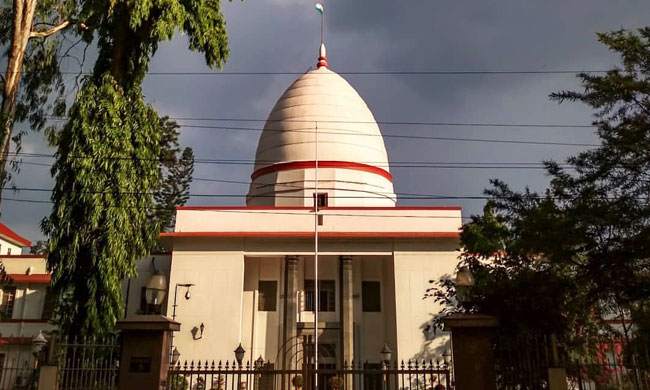
















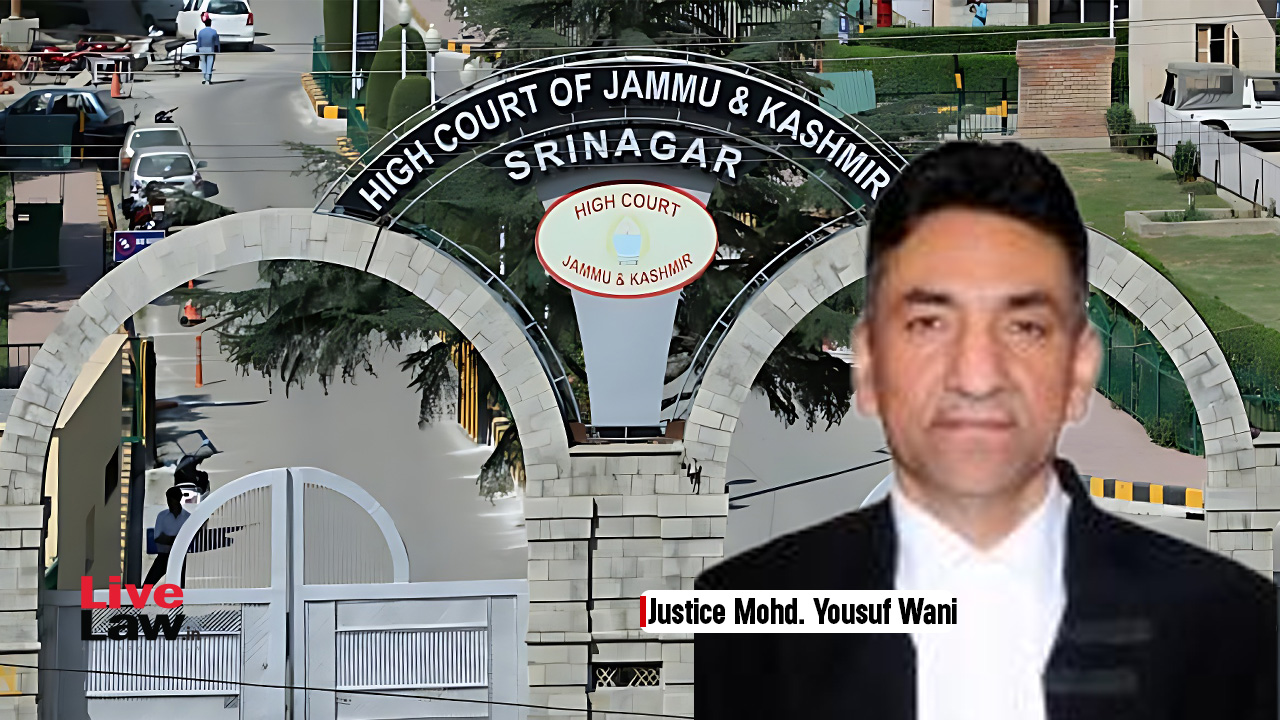


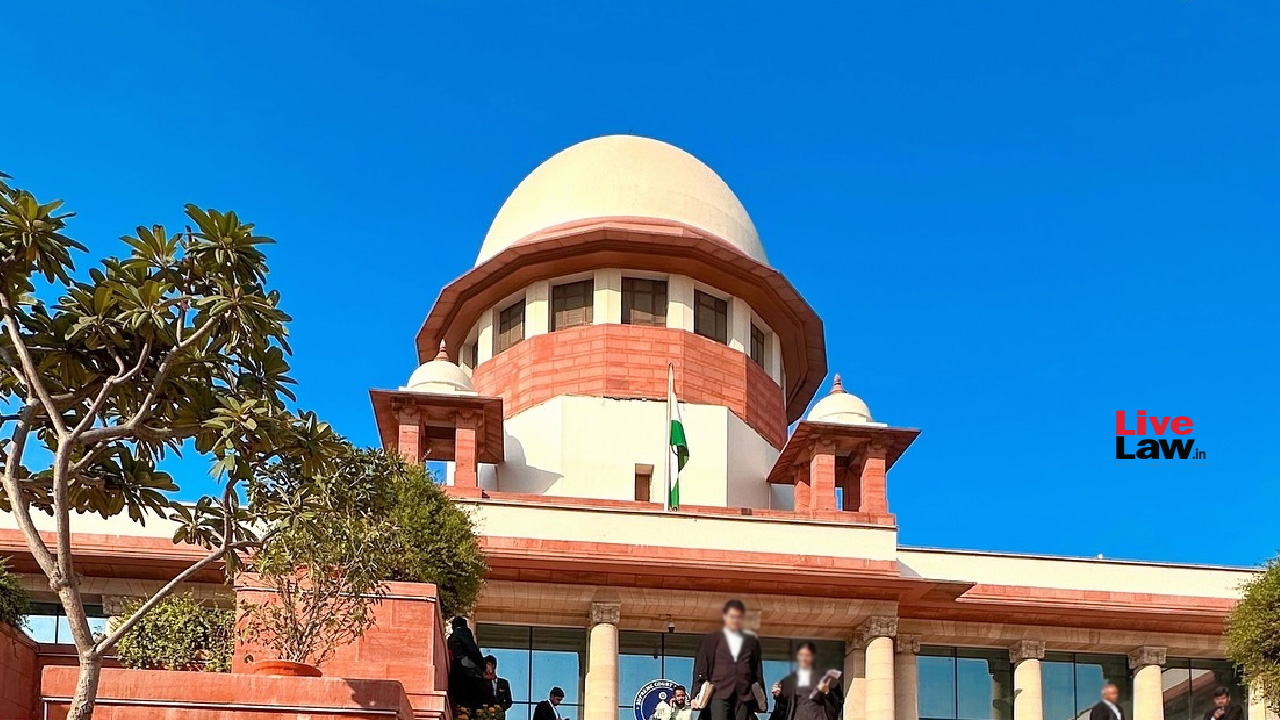
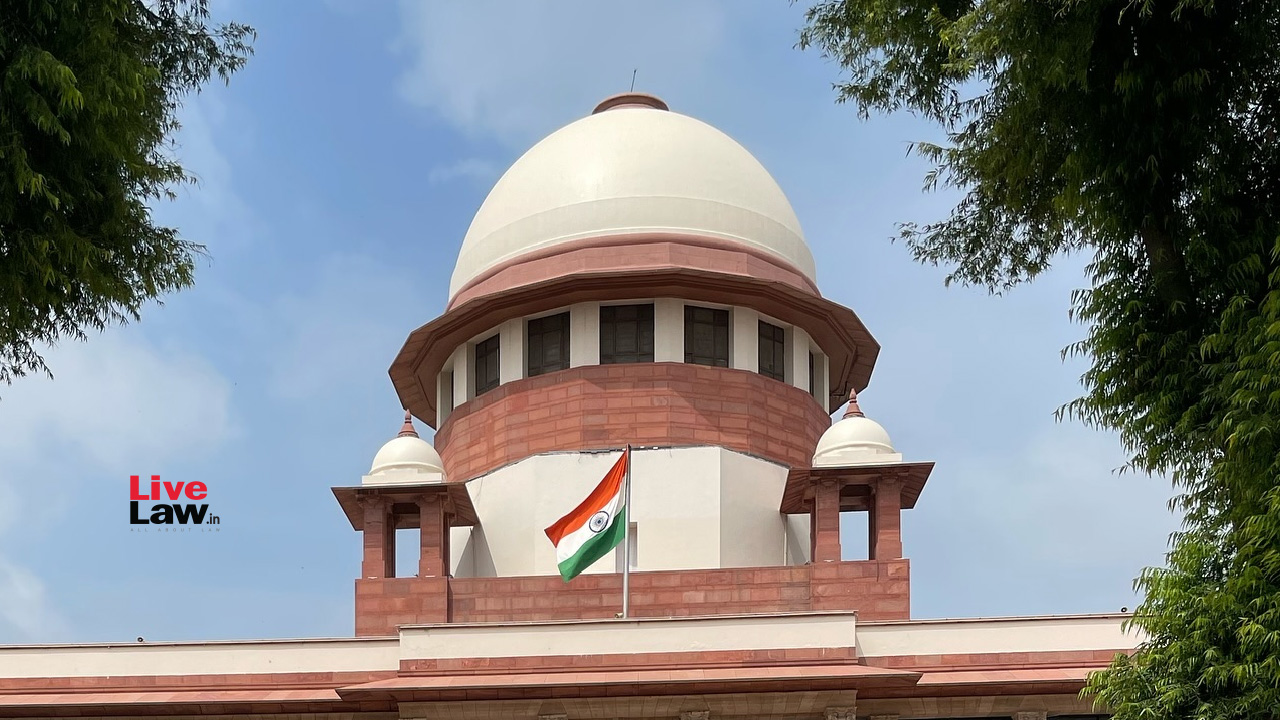


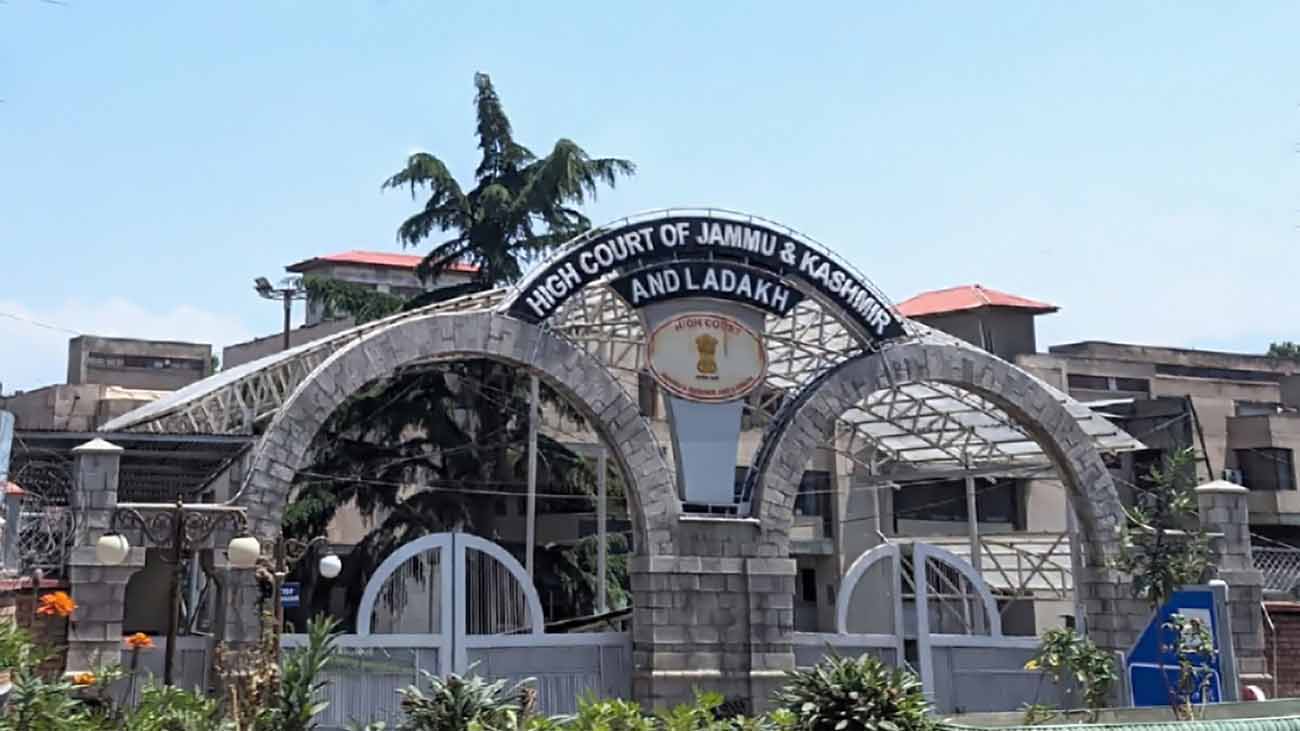
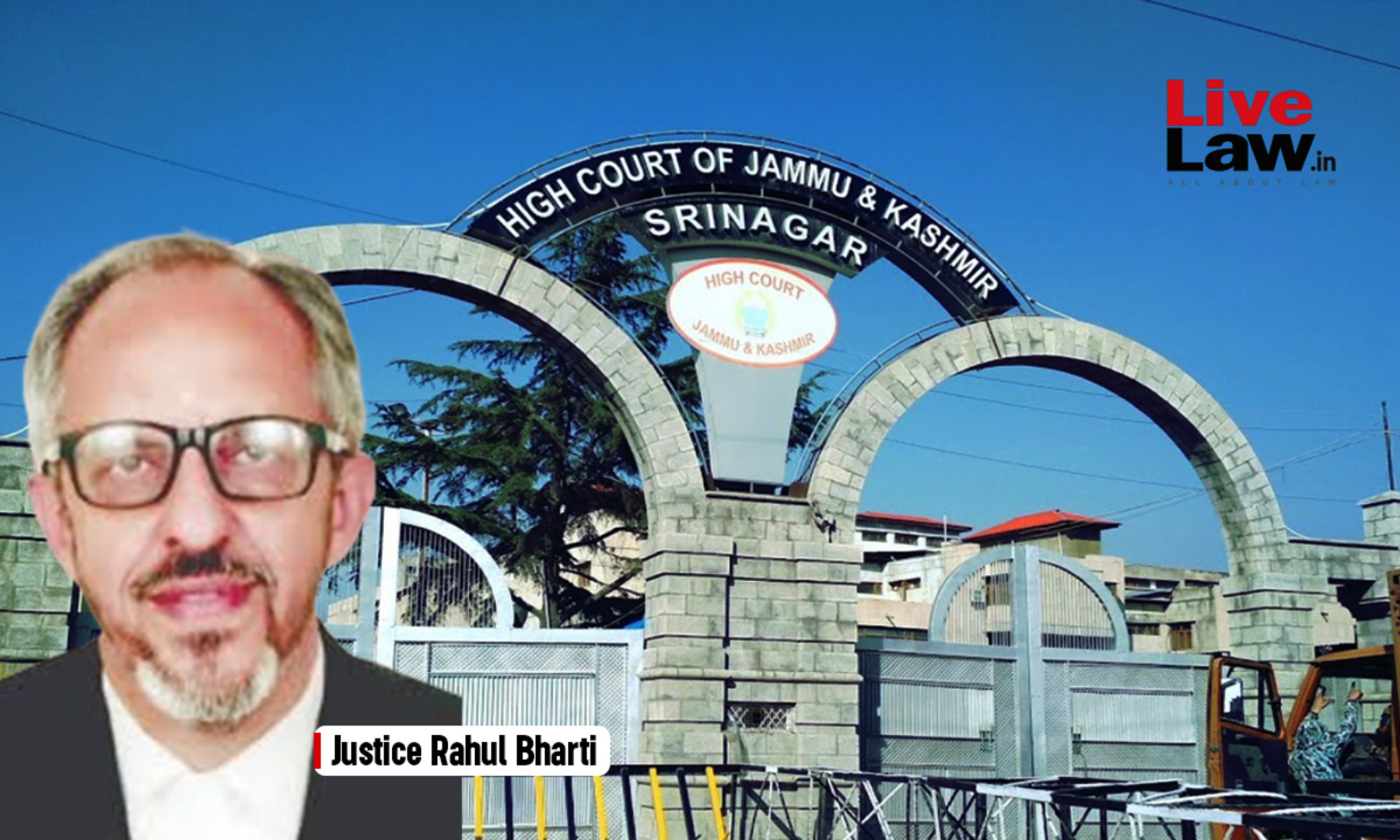
![[KAAPA] Police's Failure To Use Available Technology To Expedite Process Undermines Personal Liberty Of Accused In Preventive Detention Cases: Kerala HC](https://www.livelaw.in/h-upload/2024/08/30/558532-kerala-anti-social-activities-prevention-act.jpg)


